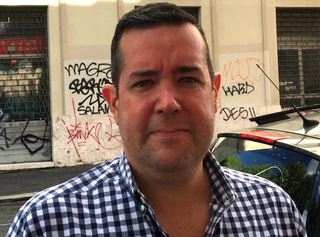26 September 2016
Authentic food news
Some cracking long reads this time around, stuffed with history and cultures.
- Bee Wilson chews over London then and now. From here, mid-Victorian London really does look like a foreign country.
- From China, Fuchsia Dunlop on the irresistible rise of soy sauce has me wondering whether I have ever had the right stuff.
- Ashwaq Masoodi on Dalit food. Hard to get my head around the idea that beef is the stuff the lower classes have to make do with.
- Sort of self-promotion: In Canada, some people would have to spend half their income to eat healthily. Last year’s podcast with someone trying to fix the problem.
- And – of course – more from the front lines of cultural appropriation, as Disney abandons it’s recipe for princess-approved “healthy gumbo”.
- A brief moment of schadenfreude as Bloomberg slathers pea-protein stabilised emulsion on the face of Hampton Creek.

